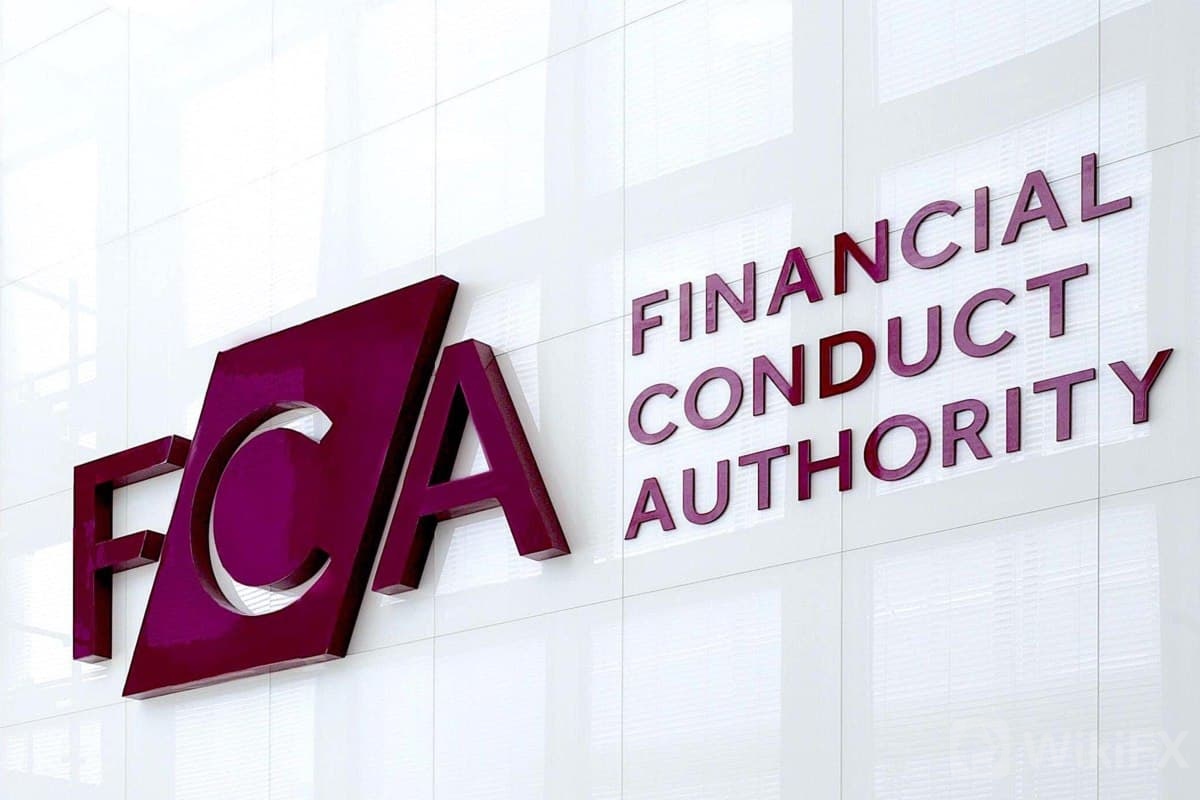The Financial Conduct Authority (FCA) of the UK, has proposed to increase its minimum fees by almost 100% from next year as the firms would be expected to pay £2,200 for their license.
This is up from £1,151 that they are being charged now and this new fee is applicable for what is known as the A fee-block, which constitutes advisors, insurers, fund managers, and other financial services-related entities.
Higher Cost of Regulation
The FCA has an annual funding requirement of £510.9 million and it is expected that the contribution of the A fee-block would rise to close to £42 million from the £21 million that these entities are contributing now. This would help the FCA to balance the cost of regulation which has also been rising over the years. This increase is the first one being made in the last couple of years as the hikes were frozen during the Covid period to help the smallest firms and not to place too much of a burden on them.
But at the same time, the FCA has said that there are a lot of small firms that pay only the minimum fees and so this needs to be moved higher so that they can also contribute to the cost of regulating them in the long run. Right now, as long as the earnings a below a specific threshold, the firms pay only the minimum fees and if it goes above, then the bigger companies have to pay additional fees. This change is expected to bring in more balance between the smaller and bigger firms so that the cost of regulation, which has been becoming higher, is more evenly distributed.
Challenging Times for Regulators
The FCA has also acknowledged the need to bring down the cost of regulation and one of the ways to achieve this would be to ensure that those companies that pose risk to the system should be identified much earlier in the process through the use of technology and they would then not come under the licensing regime which would make regulation easier and cheaper. With the entire financial industry looking to go digital in the coming months, it is only going to get even more difficult for regulatory bodies to keep up with the times and ensure that the regulations are being strictly followed and risks are also contained promptly.


Leave a Reply